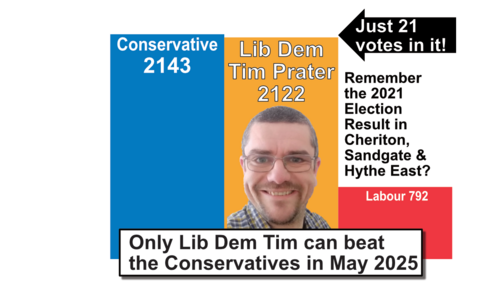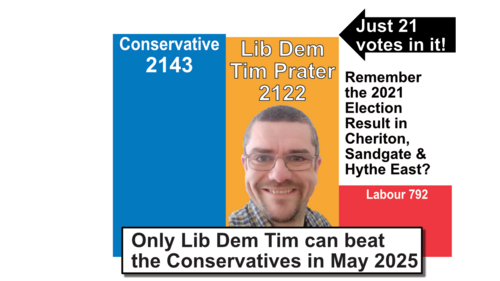With the first ever national democracy week fast approaching, how can we encourage more young people to engage in national and local elections

There are three issues preventing young people from engaging in politics and elections. These are opportunity, trust and access. Young people are denied the opportunity to vote between the ages of sixteen and eighteen, for example. The vote should be extended to this group so they can vote at the same age at which they can contribute to society.
Young people are also denied the opportunity to vote if they are registered at their home address while studying at university and fail to register at their student address. A solution that allows students to participate no matter where they are registered should be investigated, as well as developing a focus on signing young people up to the register.
Where participation is concerned young people are denied the opportunity to stand for election for a number of reasons. The first reason for this is the financial cost of standing for Parliament, including the deposit. Another reason is that the time commitment does not fit well with building a career. A solution is job sharing and removing the deposit for Parliamentary elections.
Trust is a key issue in politics, which acts as a barrier to young people taking an interest. The presence of big money donors, not to mention our outdated electoral system, is off-putting to young and old alike. The solution to this is to impose maximum donation limits, to introduce proportional representation for all elections and to reform the House of Lords.
The final issue is access. Politicians have embraced Facebook and Twitter as channels for publicising their work. Only very rarely do they use social media to listen to young people however, and they are often in the wrong place when they attempt to do so. Politicians therefore need to work with young people to start a genuine conversation.

Sign up
for email updates


